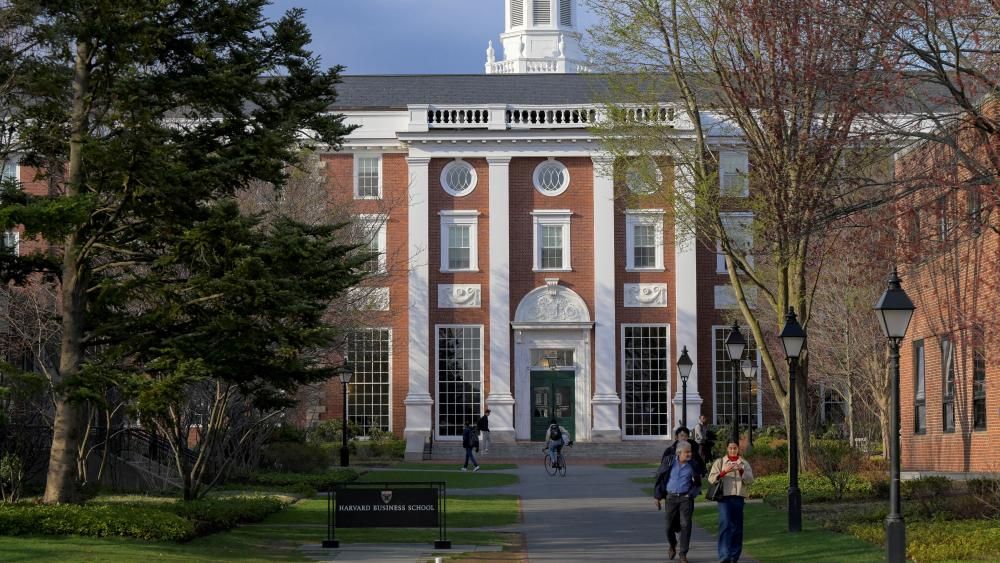Supreme Court-appointed CEC exposes irregularities in Kancha Gachibowli land clearance, recommends action against officials
Thu 17 Apr 2025, 01:21:50
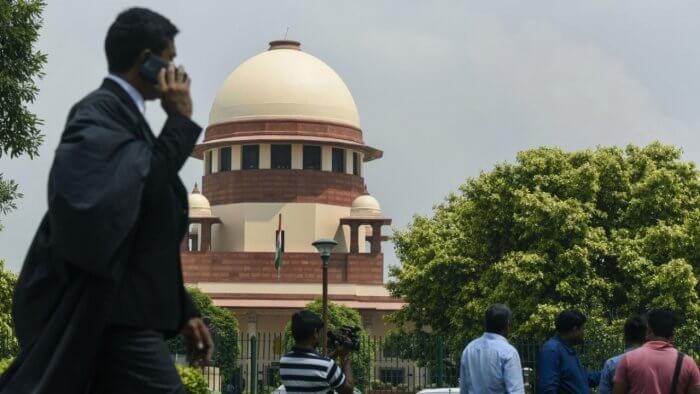
The Central Empowered Committee (CEC) appointed by the Supreme Court has submitted a scathing report on the controversial clearing of 400 acres in Kancha Gachibowli. The report, submitted in the suo motu case heard by the apex court on Wednesday, exposes a series of irregularities and apparent violations by the Telangana Industrial Infrastructure Corporation (TGIIC), and recommends immediate suspension of all activities on the land until further judicial orders.
In its 60-page report, the CEC has recommended that no new interests be created in the disputed land – whether through sale, lease, or mortgage – until the Supreme Court takes a final decision. It has also sought the reconstitution of the Expert Committee to include forest officers, wildlife experts, ecologists, remote sensing professionals and survey agencies to ensure accurate identification of forest-like areas in accordance with the Van (Sanrakshan Evam Samvardhan) Adhiniyam, 2023.
Highlighting the ecological sensitivity of the area, the committee urged the Court to declare the entire vacant land of the University of Hyderabad, including the disputed portion, as an ecologically sensitive zone, and recommended a moratorium on all development or clearing activities until a comprehensive ecological assessment is conducted, preferably by the Wildlife Institute of India.
Crucially, the report flags a deliberate avoidance of environmental clearance (EC) norms by TGIIC. It stated that the agency applied only for Consents for Establishment (CFE) under the Air and Water Acts, deliberately sidestepping the need for an Environmental Impact Assessment (EIA) and Environmental Management Plan (EMP) under the EIA Notification, 2006. The TGIIC sought CFE permission for the extent of 122.63 acres on January 30 this year.
The CEC has urged the Court to investigate the act of fragmenting or underreporting the total project area, often referred to as “piecemealing”, in order to avoid triggering EC requirements. It has further called for disciplinary action against responsible TGIIC officials, and has recommended immediate cancellation of the CFE granted to TGIIC.
The CEC’s site inspection revealed large-scale tree felling under the guise of clearing “exempted species.” In reality, both protected and non-protected trees and shrubs were destroyed using heavy machinery. The report calls for strict punitive action, including confiscation of equipment, and action against the contractor, M/s Delta Global Services, and TGIIC officials who submitted false
declarations.
declarations.
While noting that the subject land appears to fall under the ownership of the University of Hyderabad (UoH), the CEC has advised a detailed legal and administrative review of ownership claims, especially in light of a conditional MoU that granted the land for educational purposes. Any commercial exploitation without due legal process, could amount to financial impropriety and misrepresentation of public assets, the committee warned.
The committee has also urged the Supreme Court to stay all mortgage, lease, or commercial actions by TGIIC until the question of ownership is judicially settled. Additionally, it recommended that the Greater Hyderabad Municipal Corporation (GHMC) be directed to close all sewage outlets into the University campus within 12 months, by establishing appropriate sewage treatment facilities outside the premises.
Given the seriousness of the violations, the CEC called for an independent probe by a specialised agency to investigate the legality of the clearances, creation of third-party rights, and potential misuse of public land for private gain.
The report’s conclusion is particularly damning. It asserts that the speed and secrecy with which TGIIC undertook land clearing – using vague tenders, unmarked boundaries, and 24×7 operations under heavy police cover – indicates a calculated attempt to pre-empt the Supreme Court’s directive for identifying forest-like areas. It warns that this could constitute a serious violation of the Court’s earlier judgment in Ashok Kumar Sharma v. union of India, and reflects an alarming disregard for legal due process and public accountability.
Reiterating the land’s academic, ecological, and public value, the CEC observed that the area displays clear forest-like characteristics and should be protected under the Public Trust Doctrine, which obligates the State to act as a steward of natural resources. The report cautioned that treating disputed, ecologically sensitive land as free of encumbrances, especially in an area with high real estate value near Hyderabad’s Financial District, raises grave concerns of misuse and demands urgent judicial intervention.
The CEC concluded that this is not just a matter of administrative failure but reflects a deeper institutional crisis, with potential violations of environmental, legal, and fiduciary responsibilities. It sought a four-week time to submit its final report, especially to determine the forest status of the land and identify State officials who failed in their duties.
No Comments For This Post, Be first to write a Comment.
Most viewed from Hyderabad
Most viewed from World
AIMIM News
Latest Urdu News
Most Viewed
May 26, 2020
Do you think Canada-India relations will improve under New PM Mark Carney?
Latest Videos View All
Like Us
Home
About Us
Advertise With Us
All Polls
Epaper Archives
Privacy Policy
Contact Us
Download Etemaad App
© 2025 Etemaad Daily News, All Rights Reserved.

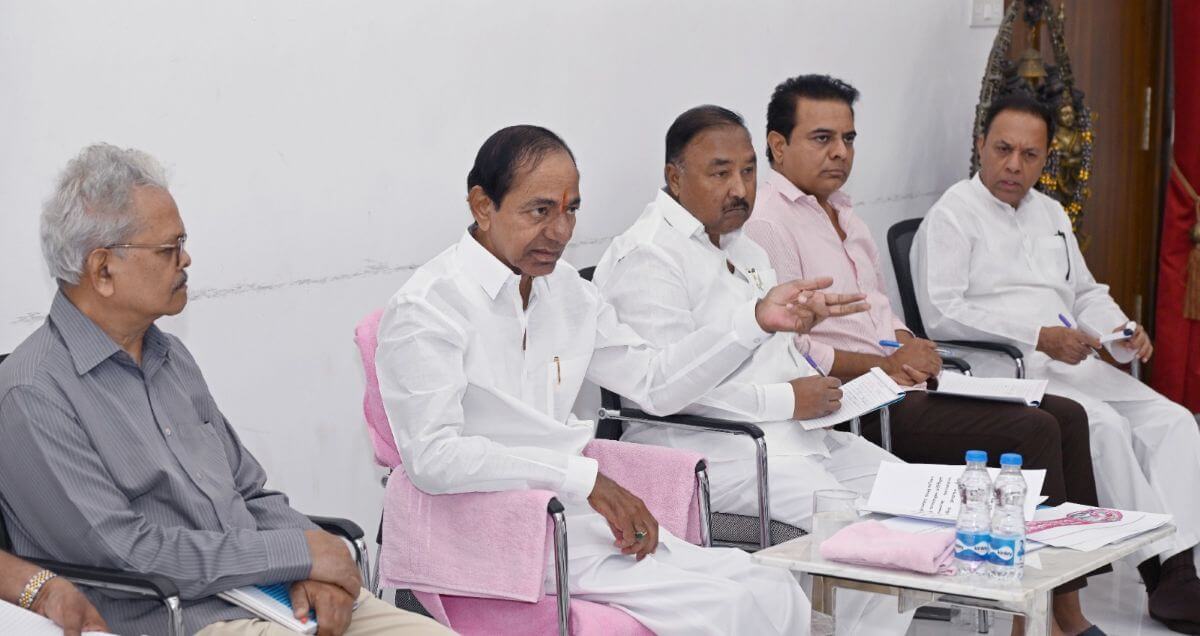
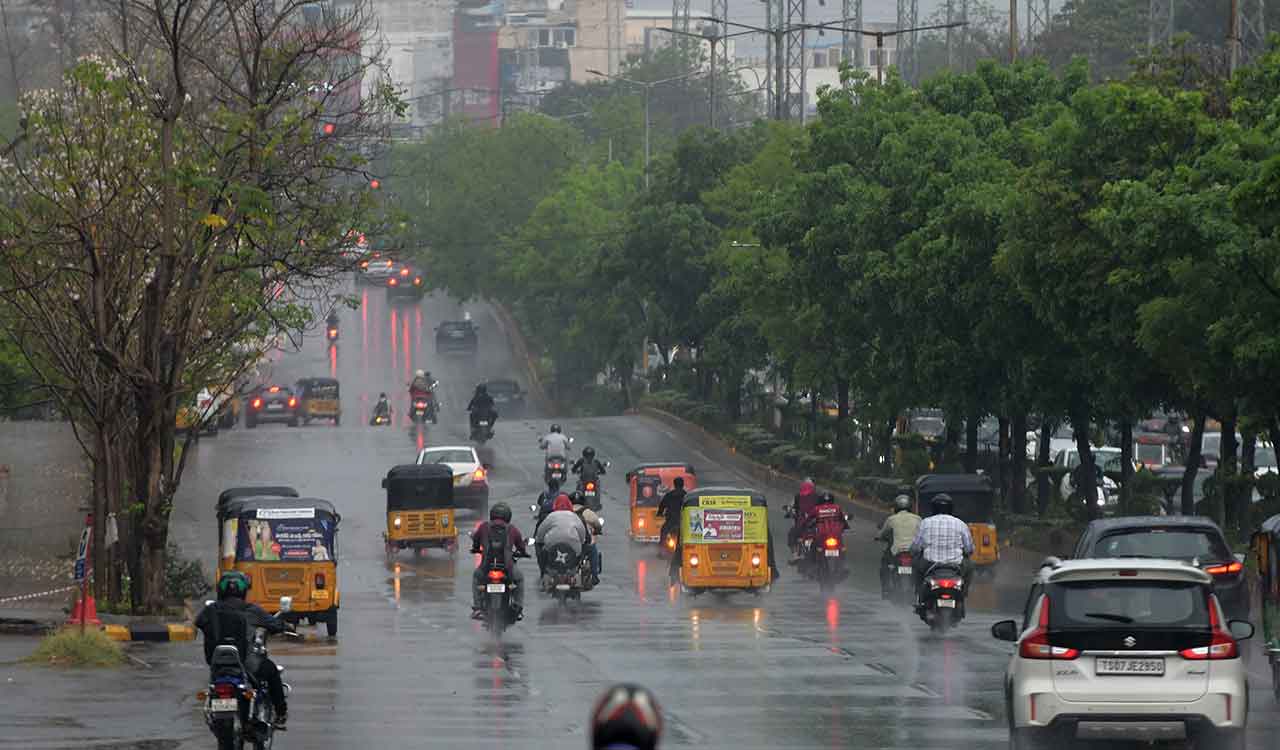


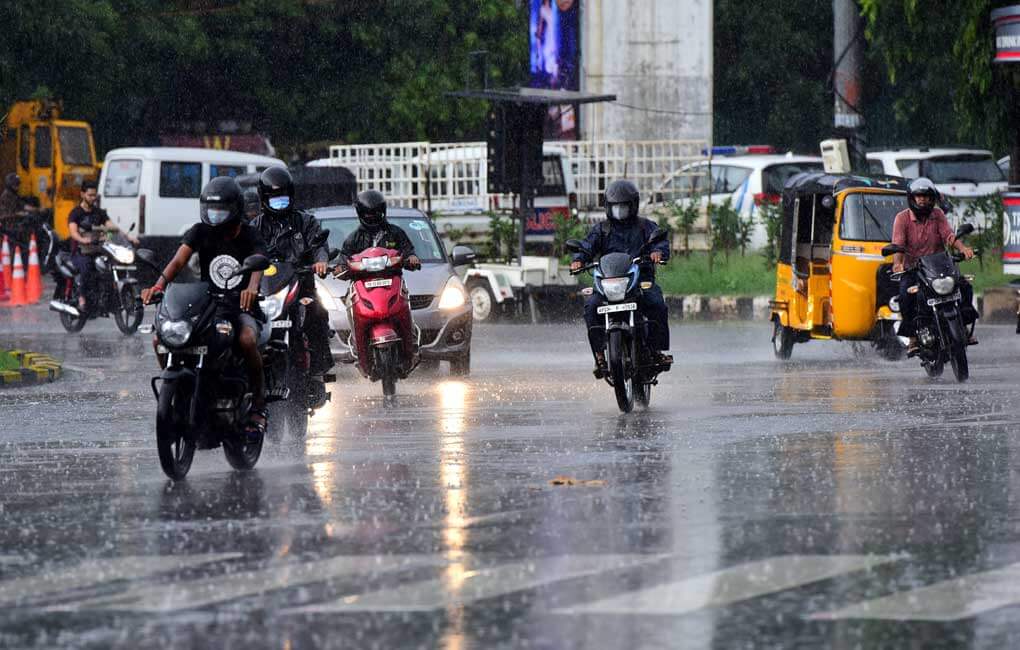

.jpg)
.jpg)
.jpg)
.jpg)
.jpg)
.jpg)


.jpg)
.jpg)
.jpg)

